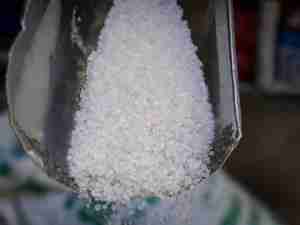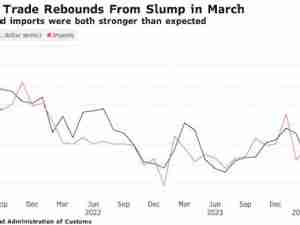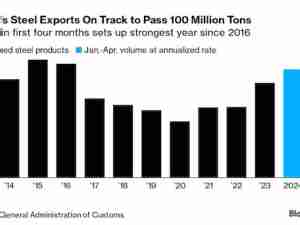Mexico’s consumer confidence fell more than forecast by all economists in February amid high inflation rates and uncertainty over Nafta negotiations and the July election.
Key Points
- Consumer confidence index dropped to 82, the lowest since March
- Economists in a Bloomberg survey expected a slight drop to 84.1, based on the median estimate, and their lowest forecast was 82.7
- For the full report, click here
Big Picture
Consumer confidence hit a record low in January 2017 as gasoline prices soared and U.S. President Donald Trump took office, dragging the peso down. It then rebounded to reach a one-year high of 89.3 in November, just to start deteriorating again during the past three months.
Concerns about the renegotiation of the North American Free Trade Agreement and the July 1 presidential election are likely to keep a lid on confidence, JPMorgan economists Steven Palacio and Gabriel Lozano wrote in a research report. Leftist candidate Andres Manuel Lopez Obrador, twice defeated in presidential campaigns, this time has maintained a consistent lead in polls. Persistently high inflation rates are also dampening consumer sentiment—prices rose 5.55 percent in January, almost double the central bank’s goal, and policy makers don’t expect inflation to return to their 3 percent target before early next year.
Declining consumer confidence is concerning because pessimism makes households more defensive, increasing precautionary savings, reducing demand for durable goods, and threatening to undermine private spending, according to Alberto Ramos, chief Latin America economist at Goldman Sachs.








